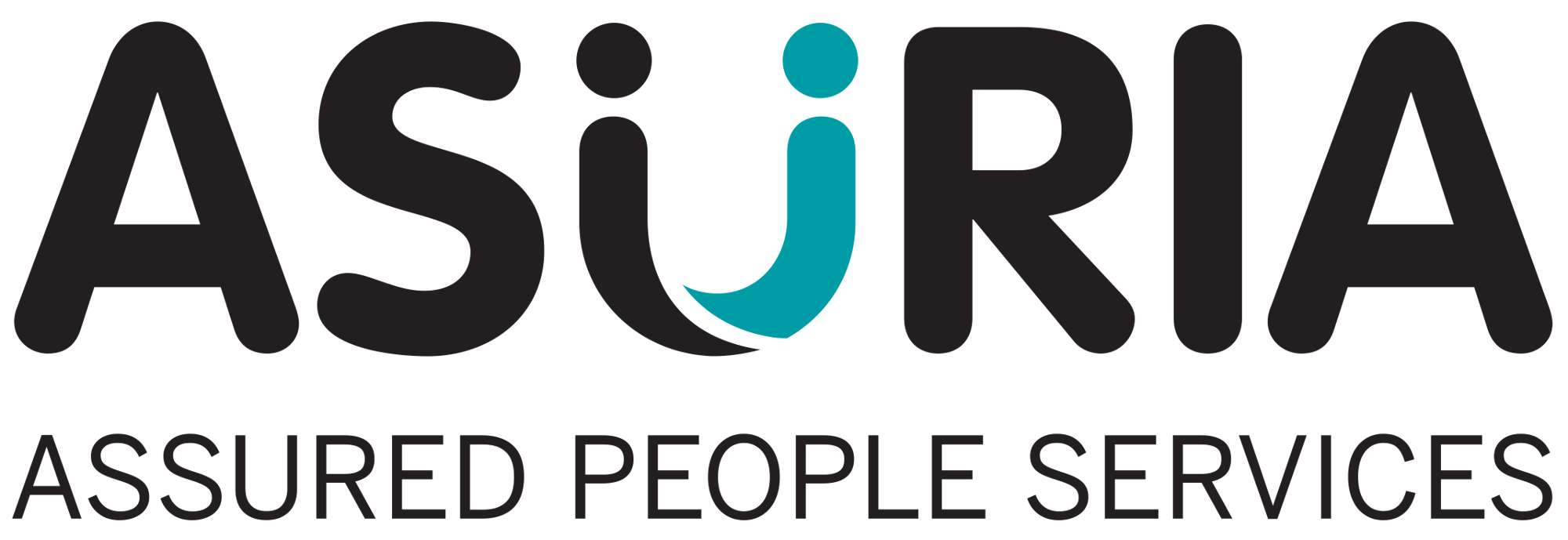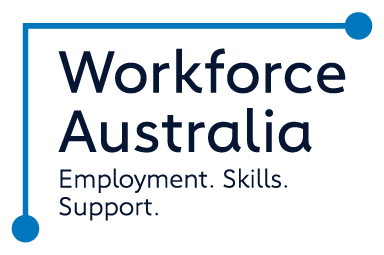When you have a disability, you might feel intimidated by a job search. Will you be able to compete against people who don’t have apparent disabilities? Will potential employers pay attention to your skills and talents?
First of all, know that you’re not alone. One in six Australians has a disability. In other words, millions of Australians find themselves in the same predicament. And we’re here to tell you that a disability doesn’t have to stand between you and a job you love.
Employers (many of whom have disabilities themselves) can often make accommodations that allow workers to accomplish their tasks beautifully, and you might be surprised by the guidance and support ready to help you. Let’s take a look at 20 of the most common disabilities for job seekers in Australia.
1. Depression
An estimated 45 per cent of Australians will experience a mental health condition sometime in their lives, and depression is one of the most common. Because depression is so prevalent, many people understand its vagaries and stand ready to support you.
2. Spinal Disorders
Back pain may be caused by many different conditions: congenital abnormalities, injuries and illnesses, degenerative disorders and even ageing. Fortunately, technology makes it possible for people with spinal disorders to achieve success in many different industries.
3. Anxiety
Like depression, anxiety affects the mental health of millions of Australians. Characterised by a racing mind, sleepless nights, a churning stomach and sweaty palms, this condition can affect various aspects of your life. When you find a job that keeps your anxiety in check, however, you will gain confidence and enjoy the fruits of a successful career.
4. Musculoskeletal Disorders
Musculoskeletal issues vary widely, from osteoarthritis and fibromyalgia to gout and polymyalgia rheumatica. Musculoskeletal Australia reports that 7 million people live with these conditions, but many people find work situations that accommodate them and help them live well.
5. Lower-Limb Deficiencies
A lower-limb deficiency can make everyday activities difficult. But reduced mobility doesn’t have to diminish your ability to make a living. As you forge your career path, you’ll enjoy a better quality of life and a feeling of independence.
6. Shoulder and Upper Arm Disorder
Shoulder and upper arm disorders may be caused by osteoarthritis, inflammation, injuries or even referred pain. Whatever the source, your Job Coach can help you zero in on a position that suits your talents perfectly while managing any complications arising from your shoulder or upper arm.
7. Osteoarthritis
Osteoarthritis affects the bones, ligaments, cartilage and muscles. While it can show up in people of any age, it’s most common in people over 40, especially those who have experienced joint injuries in the past. A well-selected job will help you to manage your osteoarthritis.
8. Intellectual Disabilities
Over half a million Australian adults have an intellectual disability that affects several vital functions, such as decision-making and learning. Finding the right job can be a liberating event, leading to increased social interaction and self-confidence.
9. Bipolar Disorder
Affecting 568,000 Australians, bipolar disorder is characterised by pronounced mood swings that shift from mania to depression. Although there’s currently no cure for the condition, it can be managed effectively with proper treatment and a healthy lifestyle.
10. Schizophrenia
Schizophrenia affects about 1 in 100 people in Australia, and the symptoms typically begin in late adolescence or early adulthood. People with this condition can work with their Job Coaches to access the training and skills necessary to succeed in their jobs.
11. Vision Impairments
More than 13 million Australians have one or more long term eye condition. Visual impairment may result from an injury or illness, or it could progress over time. Your Job Coach can help you access accommodations that allow you to perform your work well.
12. Learning Disabilities
Learning disabilities manifest themselves in many ways, from ADHD to dyslexia. If you struggled with reading or learning as a child, you might worry about how you’ll perform in the workplace. But many adults with learning disabilities have satisfying and life-enriching careers, and you can too.
13. Hearing Impairments
Fortunately, people with hearing impairment can benefit from several strategies and tools that improve their quality of life and ability to participate in the workforce. And that’s a good thing because nearly 1 in 6 Australians deals with hearing loss at some point in their lives.
14. Multiple Sclerosis
Multiple Sclerosis affects the central nervous system, including the brain and spinal cord. People who have multiple sclerosis experience fatigue, weakness, vision problems, mood shifts and coordination difficulties. Employers may provide many modes of support to assist workers with this condition.
15. Cerebral Palsy
About 40,000 Australians live with cerebral palsy, which causes impaired movement associated with abnormal reflexes and posture, unsteady walking, involuntary movements and floppiness or rigidity of the trunk and limbs. Accommodations can help people with cerebral palsy to excel in a number of exciting careers.
16. Dystrophy
Dystrophy is a group of disorders involving the progressive loss of muscle mass and strength. In some cases, the condition may impact heart function and breathing as well. People with dystrophy succeed in jobs throughout many industries.
17. Brain Injuries
Brain injuries occur for a variety of reasons: oxygen deprivation, infection, head trauma and disease. It’s important to remember that people with brain injuries do not have a mental illness or an intellectual disability. Work accommodations will vary depending on the person’s unique strengths and challenges.
18. Respiratory Disorders
Nearly one-third of Australians have a respiratory condition like asthma, allergic rhinitis, chronic sinusitis or COPD (chronic obstructive pulmonary disease). Most of these conditions can be easily managed in the workplace with a few simple accommodations.
19. Autism Spectrum Disorder
Autism spectrum disorders involve impairments in communication and social interaction, repetitive behaviours and issues with sensory processing. The term “spectrum” reflects the way symptoms range in severity and type. By working with your Job Coach and employer, you can manage your work environment to be successful.
20. Executive Functioning Disorders
Executive functioning problems affect various processes like strategising, planning, paying attention to details, organisation, remembering details, and managing time and space. Technology can be beneficial in accommodating executive functioning disorders.
As you can see, people with all kinds of disabilities regularly seek and find jobs. What if you have a disability that wasn’t mentioned in this list? Don’t worry! Simply schedule a consultation with us at Asuria, and we’ll get to know you and find out if you’re eligible to participate in any of our matching services.
We will then guide you to the next step so that you get closer to your new job!








